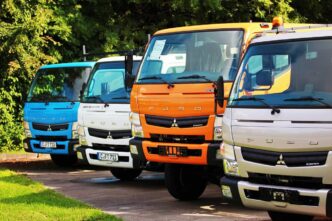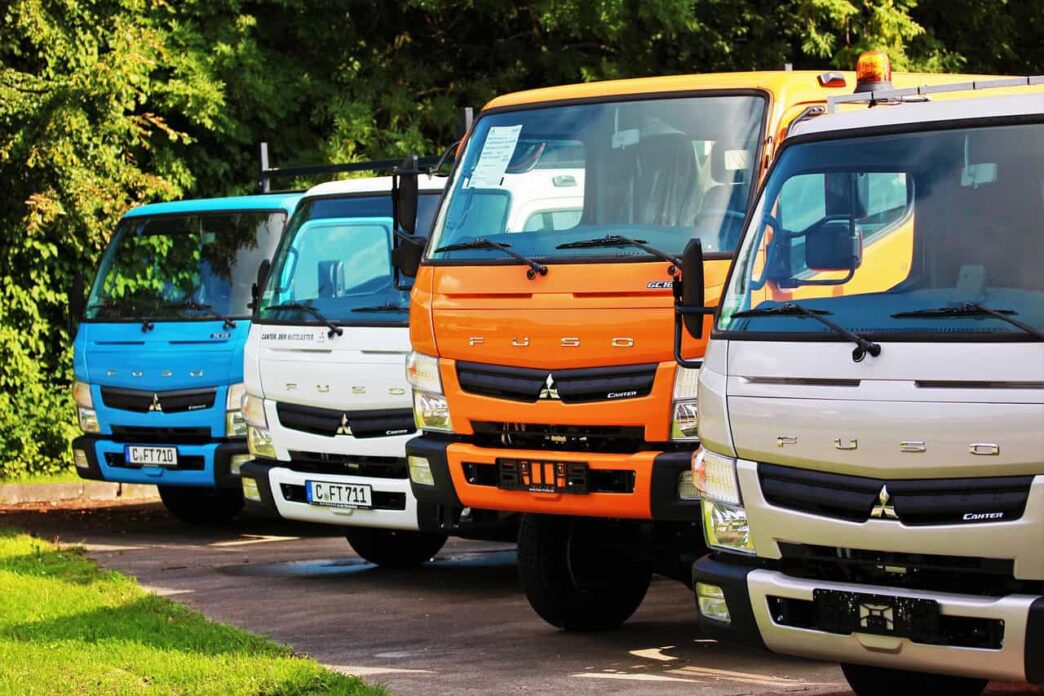In the dynamic world of business, transportation is a critical component that can significantly impact operational efficiency, customer satisfaction, and overall profitability. Whether your business involves delivery services, transportation of goods, or field service operations, selecting the right vehicles is paramount. This article provides an in-depth guide to help business owners make informed decisions about the types of vehicles that best suit their needs, considering factors like cost, functionality, and sustainability.
Assessing Your Business Needs
Before diving into specific vehicle types, it’s essential to evaluate your business requirements. Consider the following aspects:
1. Nature of Business Operations
-
- Delivery Services: For businesses focused on delivering goods directly to customers, such as e-commerce or food delivery, the vehicle needs will differ based on the size and type of items being transported.
- Transportation of Goods: If your business involves moving large quantities of goods, such as wholesale distribution, you’ll need larger vehicles with significant cargo capacity.
- Field Services: Companies providing on-site services (e.g., plumbing or electrical work) require vehicles equipped to carry tools and equipment efficiently.
2. Volume and Frequency
Understanding the volume and frequency of your transportation needs will help determine the size and number of vehicles required. High-frequency, high-volume operations may necessitate a fleet, whereas smaller, occasional deliveries might only need one or two vehicles.
3. Budget Constraints
Evaluate your budget not only for the initial purchase or lease of the vehicles but also for ongoing costs such as fuel, maintenance, insurance, and depreciation.
Types of Vehicles for Business Use
1. Compact Cars
These are ideal for businesses that require frequent travel over short distances, such as local delivery services or sales representatives. Compact cars are fuel-efficient, easy to maneuver in urban environments, and generally have lower maintenance costs.
2. Vans and Minivans
Vans are versatile and offer substantial cargo space, making them suitable for delivery services, transportation of goods, and mobile workshops. Minivans, with their combination of passenger and cargo space, are perfect for businesses that need to transport both people and equipment.
3. Pickup Trucks
Pickup trucks are robust and can handle heavy loads and rough terrains. They are ideal for construction, landscaping, and other industries requiring the transportation of heavy equipment and materials. Their open bed design allows for easy loading and unloading.
4. Box Trucks
Also known as cube trucks or box vans, these vehicles are perfect for businesses needing to move large quantities of goods securely. They offer ample enclosed cargo space, making them ideal for moving companies, wholesale distributors, and logistics providers. You can find the best semi truck financing online.
5. SUVs
SUVs combine passenger comfort with cargo capacity, making them suitable for businesses that need to transport employees and equipment. They are particularly useful for companies operating in areas with challenging weather conditions or rough terrains.
6. Electric and Hybrid Vehicles
As sustainability becomes increasingly important, electric and hybrid vehicles offer an eco-friendly alternative. These vehicles are ideal for businesses looking to reduce their carbon footprint and operational costs related to fuel. They are particularly beneficial for urban deliveries and companies with a strong focus on corporate social responsibility.
Key Considerations When Choosing Business Vehicles
1. Total Cost of Ownership (TCO)
When evaluating vehicle options, consider the total cost of ownership, including purchase price, financing, insurance, fuel, maintenance, and resale value. A vehicle with a lower upfront cost might have higher long-term expenses.
2. Fuel Efficiency
Fuel costs can significantly impact your budget. Opt for vehicles with better fuel efficiency to reduce operational expenses, especially if your business involves extensive travel.
3. Reliability and Durability
Choose vehicles known for their reliability and durability to minimize downtime and repair costs. Consider brands and models with a good track record and strong warranties.
4. Safety Features
Ensure the vehicles have essential safety features such as airbags, anti-lock braking systems (ABS), electronic stability control (ESC), and advanced driver-assistance systems (ADAS). Safety is paramount for protecting your employees and reducing liability.
5. Brand Reputation and Support
Select vehicles from reputable brands that offer good after-sales support, including maintenance services and availability of spare parts. This can make a significant difference in the long-term performance and upkeep of your fleet.
6. Customization Options
Depending on your business, you might need specific customizations, such as refrigeration units for food delivery or specialized racks for service tools. Ensure the vehicles you choose can be easily adapted to meet these needs.
Conclusion
Choosing the right vehicles for your business is a critical decision that requires careful consideration of your operational needs, budget, and long-term goals. By assessing your specific requirements and understanding the various vehicle options available, you can make an informed choice that enhances your business efficiency, reduces costs, and supports your growth. Whether you opt for compact cars, versatile vans, robust pickup trucks, or eco-friendly electric vehicles, the key is to select the vehicles that align with your business objectives and help drive your success.








